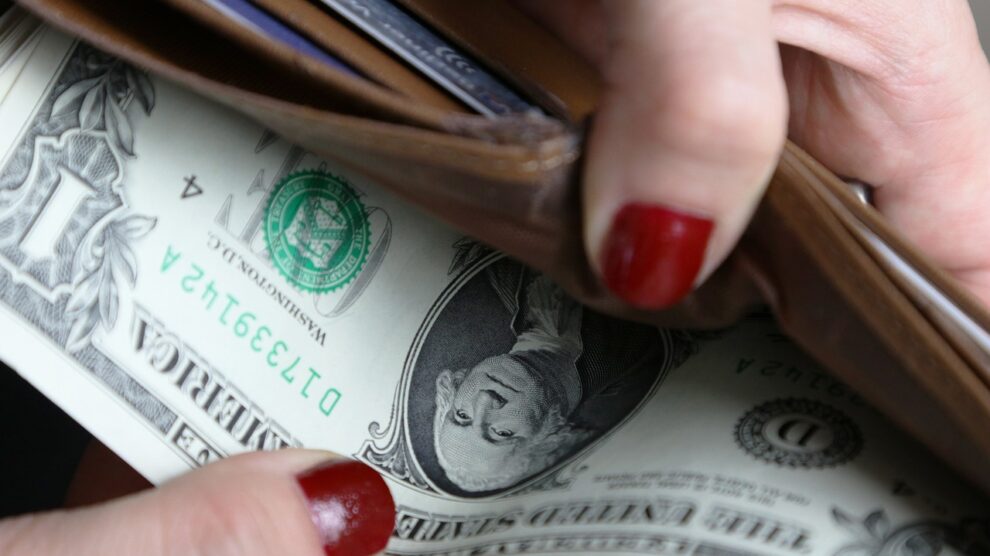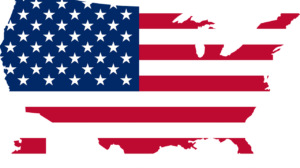Summary:
- In January this year, United States President Joe Biden (then the President-elect) unveiled a US$ 1.9 trillion stimulus package plan to bring the country’s economy out of the pandemic-induced slowdown.
- Three months later, near the end of April, the US Department of Commerce reported an economic growth of 6.4 per cent (at an annualized rate) in the first quarter of 2021.
- While this approach has worked for the US, Canada does not seem to have strayed too far from this territory either.
In January this year, United States President Joe Biden (then the President-elect) unveiled a US$ 1.9 trillion stimulus package plan to bring the country’s economy out of the pandemic-induced slowdown. The plan was met with some criticism regarding its impact on the nation’s fiscal health and the government’s debt levels.
Others, however, were of the opinion that the stimulus was an important policy action required to help US citizens stay afloat, including small businesses, those who lost their jobs amid the pandemic and those with overdue rents.
Three months later, near the end of April, the US Department of Commerce reported an economic growth of 6.4 per cent (at an annualized rate) in the first quarter of 2021.
The US’ latest economic growth figure is a significant example to note when discussing the relationship between a government’s fiscal stimulus and its country’s financial recovery from a crisis.
Ask any Keynesian economist and they will not think twice before invoking John Maynard Keynes in the wake of the above mentioned observations.
The Keynesian economic theory points at two essential elements in regard to lifting an economy out of a state of depression:
- A fiscal push by the government, and
- A monetary policy push by the central bank.
And while it has worked for the US, Canada does not seem to have strayed too far from this territory either.
Canada & Its Economic Recovery Plans
If compared to the US, Canada’s approach has not been much different in terms of economic recovery strategy from the COVID-induced lows. From increasing its federal minimum wage to spending tens of billions of Canadian dollars on different kinds of subsidies and aid programs, the country’s Federal Budget 2021 covered all major pain areas.
This, however, has led to projections of deep fiscal deficits for years to come. And though Finance Minister Chrystia Freeland has addressed these worries, they do not seem to be going away from the minds of those concerned.
That said, if we circle back to the Keynesian economic theory, the US and the Canadian governments’ decisions to go big on spending to revive the pandemic-beaten economy may be understandable. Arguably, the Keynesian approach is said to have helped many developed countries recover from the shocks of the Great Depression and World War II.
Chances of this approach, which seems to have helped in the case of the US, leading Canada to a moderate, if not extraordinary, economic rebound in the near future is likely. And there is one very strong argument in its favor.
Growth relies on rising demand. Going by this theory, a government’s decision to shed more fiscal prudence during a slowdown phase is the best possible tactic to boost demand and, in turn, economic growth.
Understanding Fiscal Stimulus
Economic slowdowns leave very little wiggle room for businesses to resort to private investment options. Hence, in such situations, public investment becomes their key refuge.
So, when more money is injected into the economy, via the government’s policies of fiscal stimulus and low interest rates, it translates into higher demand and consumer spending. This goes on to cause a boost in the country’s production of goods and services, which then triggers an increase in employment.
The Bank of Canada has played its part by keeping the policy rate unchanged at 0.25 per cent in April this year. The central bank has projected that the country’s economic growth rate will be about 6.5 per cent this year, with consumer spending set to be the driving force. Low benchmark rates do nothing but trigger spending.
The benchmark S&P 500 index of Wall Street hit an all-time high when the US quarterly data was reported last week. In fact, this latest growth rate was the best the US has seen in a first quarter in almost 40 years.
Not just the S&P 500 index, commodities like copper and Brent crude registered a surge last week on the back of US growth data as well.
Similar outcomes are expected for the Canadian economy. The federal government has loosened its purse strings in the hope of such recovery at least.
In the coming days, as more Canadians get fully vaccinated, global trade and commerce is expected to pick up pace. Meanwhile, industries which suffered the most in the wake of the pandemic, such as aviation and hospitality, are likely to see better days soon too.
The signs are already here – the annual inflation rate in March 2021 was 2.2 per cent. Demand has picked up as well, and so will the economy. The Keynesian economic theory that has worked for the US can be expected to deliver in Canada as well.





